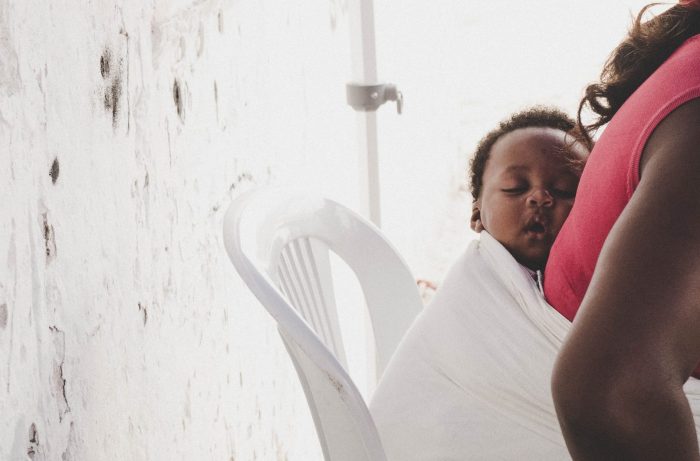The term “caregivers” is both inclusive and gender-neutral.
I prefer this term because it includes all of the roles of caregivers, and it has the root words of “care” and “give.”
The Merriam-Webster dictionary defines caregivers as people who provide help and protection to someone (such as a child, an elderly person, or someone who is sick). Roles traditionally associated with caregiving are parents, teachers, and nurses, but caregiving can include people without titles or official designations.
For over 15 years, I have been a caregiver of children from three to five years of age as a special education preschool specialist supporting inclusive classrooms, but I have also supported family members with young children.
In the past, I’ve struggled with how to give fully without losing myself.
While I don’t have all the answers, here are five tips that helped me to be the best at what do while still taking care of myself.
- Find joy in small moments—and this isn’t about ignoring systemic inequities. It is about not ignoring the reasons why we fight for justice. The air, the ocean, our child’s smile, and the memory of our grandparent’s laughter are all joyful components that make us whole, so we must not forget about them. We are building a beautiful world and should enjoy its unfinished potential.
- Don’t worry about “what-ifs” that you have no control over. If we worry about something and it doesn’t happen, we have just punished ourselves needlessly. And often, all that worrying negates the joy of the achievement if it does happen. Then, we have punished ourselves twice. Manage what you can manage.
- Your physical health is connected to your emotional health. When we are suffering emotionally, our physical health gets neglected for more pressing matters, and it is hard to make the best choices when it comes to our bodies at the best of times. Let go of ego, let go of the material, let go of doubts, and let yourself go back to who you were before caregiving took you off the path. Healing starts from within and radiates outward. This is not to say that we shouldn’t get up until we’re happy, but understand that this is a process. Good physical activity often improves our mental well-being and reduces stress, which is destructive to your body. Don’t neglect yourself when helping others.
- Understand that nobody can know everything and you will make mistakes. Mistakes open the door for questions—and questions give us not only the opportunity for growth, but the opportunity to build community through communication. Good caregivers understand that they do not have all the answers.
- You can stop at any time. Sometimes, we get caught up in ideas and ideals. Your little Lotus dreams of being a concert pianist, so you take them to lessons and they hate it. They’re crying, you’re crying, everyone is unhappy. Pause. Reflect. Decide. And move on. And moving on doesn’t mean the door is closed forever. “Stop” might mean: try again next year, or maybe Skye, your oldest, is really the pianist in the family, or maybe you are the pianist. A caregiver cares about the feelings of who they are supporting, not just about the task. The task can never become more important than the person.
To all caregivers who needed these little reminders: have a happy New Year, and thank you for reading.












Read 0 comments and reply